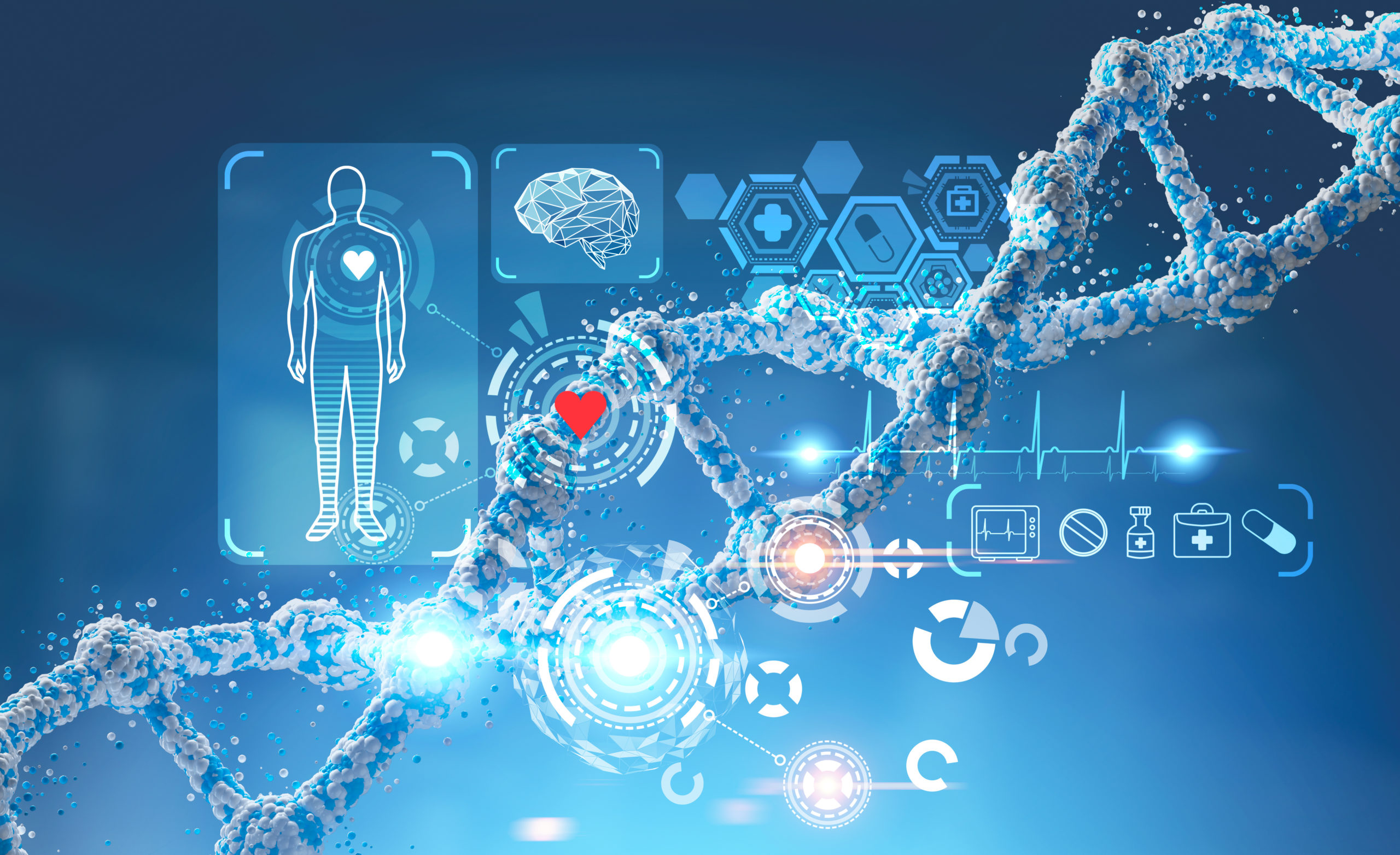BioBAutomation,
Creative Solutions at the Intersection of Engineering and Science
Our collaborative and multidisciplinary R&D team tackles fundamental challenges to create solutions and products using disruptive technologies and materials at the cross-section of engineering and science.
Chemical and Biological Sensors
Triton is developing new and smart sensing technologies (optical, physical, chemical, and biological sensors) to achieve high performance with ultra-sensitivity and selectivity. We are developing various detection techniques, including electrochemical and optical methods, field-effect transistors, lateral flow assays, and many others for applications including point of need/care, in vitro diagnostics, low-cost diagnostics, wearables in medicine (healthcare monitoring), and environmental sensing. We are also integrating our sensor platforms with the IoT (internet of things) and wireless systems to provide comprehensive solutions.
Continuous Flow Manufacturing/Synthesis
We are developing automated continuous-flow synthesis platforms with microfluidics/microreactors and milifluidics/milireactors for applications from chemical synthesis (including DNA synthesis) to finely tuned nanoparticle synthesis. Continuous flow systems provide improved mass transfer, reaction safety, and accelerated reaction kinetics. Integration of artificial intelligence (AI) and machine learning (ML) tools enhances our ability to produce desired outcomes and discover alternatives.
Soft Systems/Soft Robotics
Triton is developing soft systems/soft robots to address challenges that cannot be met by robots with rigid bodies. Soft robots use materials with mechanical properties similar to those of living tissues, designed and manufactured in innovative ways rather than artificially assembled by serial or parallel arrangements of elementary blocks, as is the case for rigid-body robots.
Our innovative solutions include soft smart structures or soft-rigid hybrid systems that involve fluids, shape memory alloys, electro-active polymers, or stimuli-responsive materials. We use various fabrication technologies such as molding, additive manufacturing, thin-film manufacturing, shape deposition manufacturing, and bonding.
Organ on a Chip
This microfluidic technology recreates complex organs on a microscale that can inform us of basic biological functions and serve as replacements for animal testing. Their small footprint, affordability, and tunability allow complex modeling of diseases and the interactions among new drugs and their target organs.
These platforms can assess pharmacokinetics, bioaccumulation, toxicity, and efficacy of new drug targets and chemicals. Triton is currently developing several organs-on-chips that will be instrumental in industries ranging from pharmaceuticals and biologics to environmental protection and regenerative medicine.
Biofabrication and Biomanufacturing
Triton specializes in several biofabrication techniques to closely model organ systems and create new hybrid materials. Biofabrication methods mimic biological growth mechanisms, creating 3D structures with high resolution.
Triton uses biofabrication techniques such as 3D bioprinting, bioassembly, spin coating, and tissue engineering. These technologies have a wide range of applications from organs-on-chips to military-grade materials manufacturing.
Triton is also involved in biomanufacturing R&D for a variety of high-value chemicals such as biodegradable plastics and medicines. These chemicals can be produced from microbial, fungal, animal, or plant cell cultures or extracts, or they can be made using smaller sets of cell-derived catalysts (enzymes) in vitro.
Materials Design and Synthesis
We collaborate with modeling groups in academia for discovery of compounds with new and desirable physical and chemical properties. The limitations of traditional materials design and synthesis methods means that it takes years to decades to develop new materials. To address those challenges, we utilize computational tools with AI/ML together with our microfluidic/microreactor platforms for synthesis of new compounds. We focus on applications ranging from energy technologies and sensors to membranes, next-generation optical materials, artificial organs, and computing technologies.
MARKET IMPACT
RELATED MARKETS



